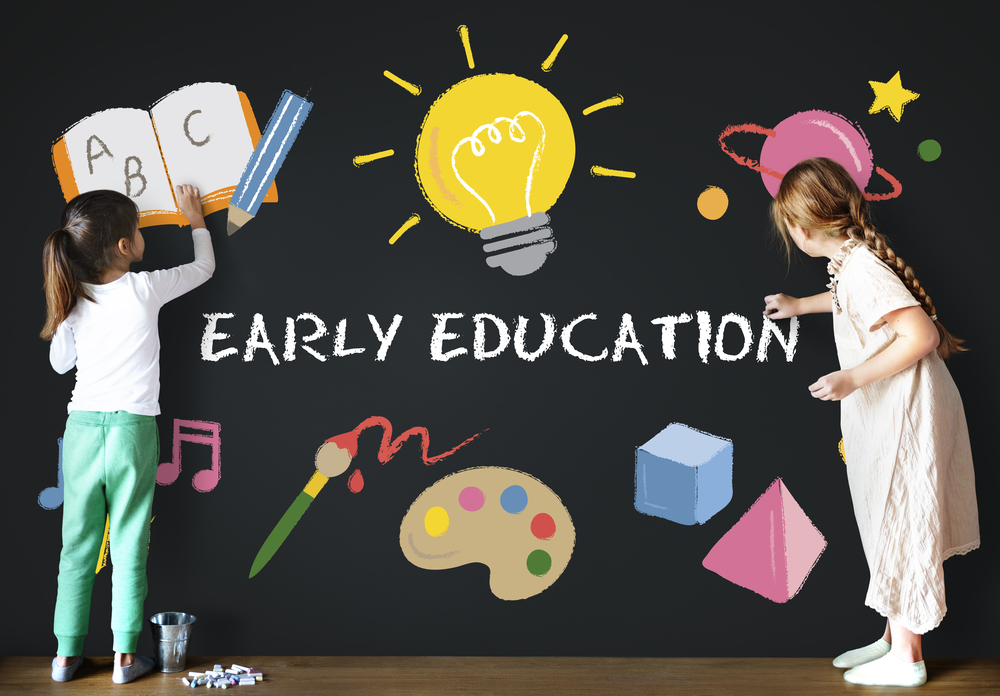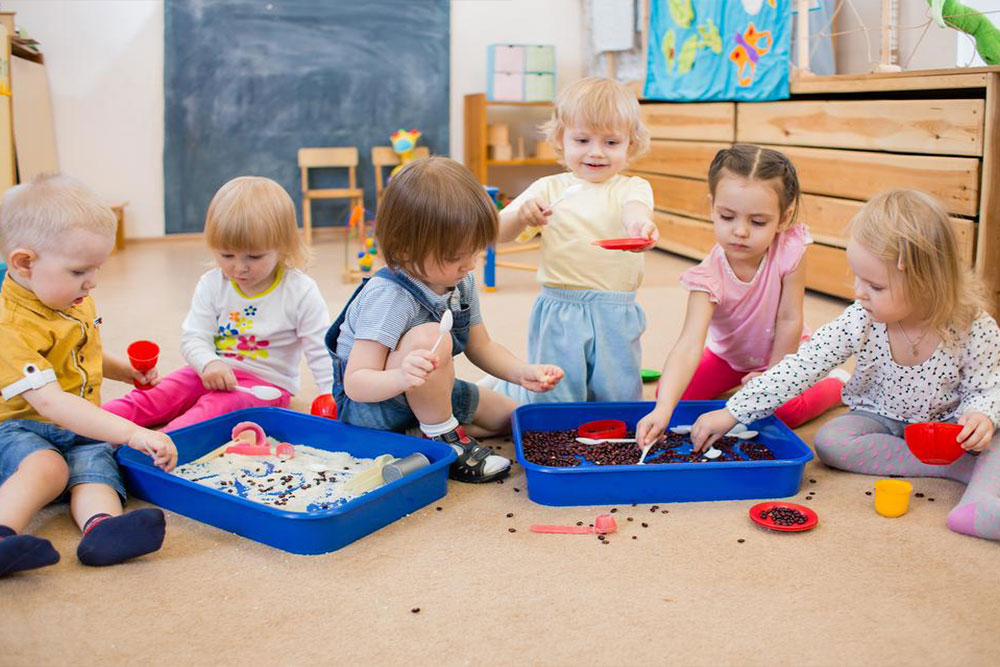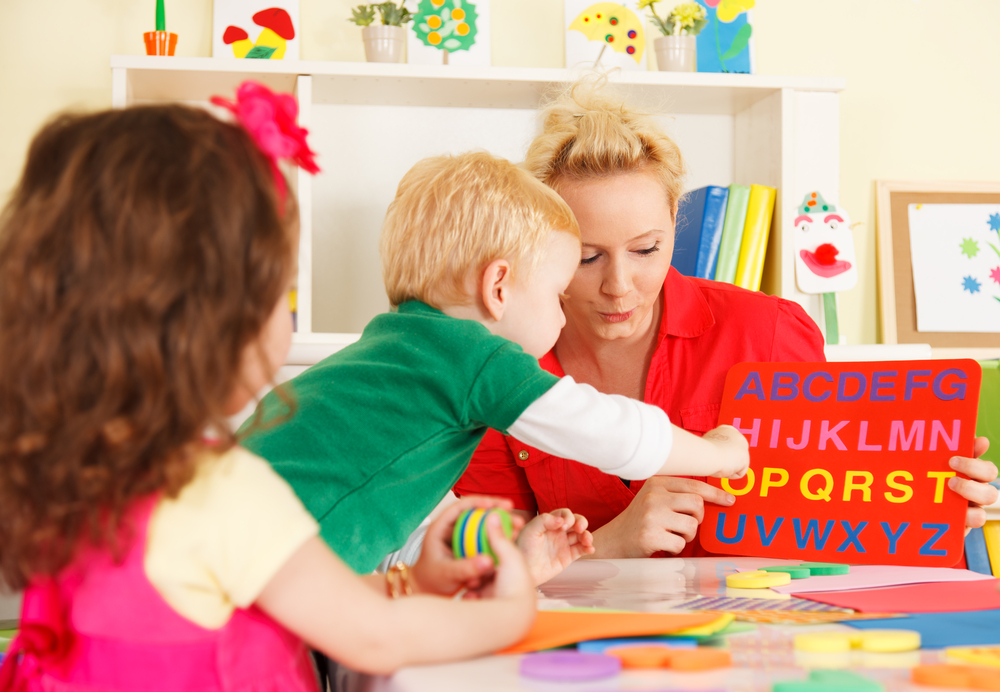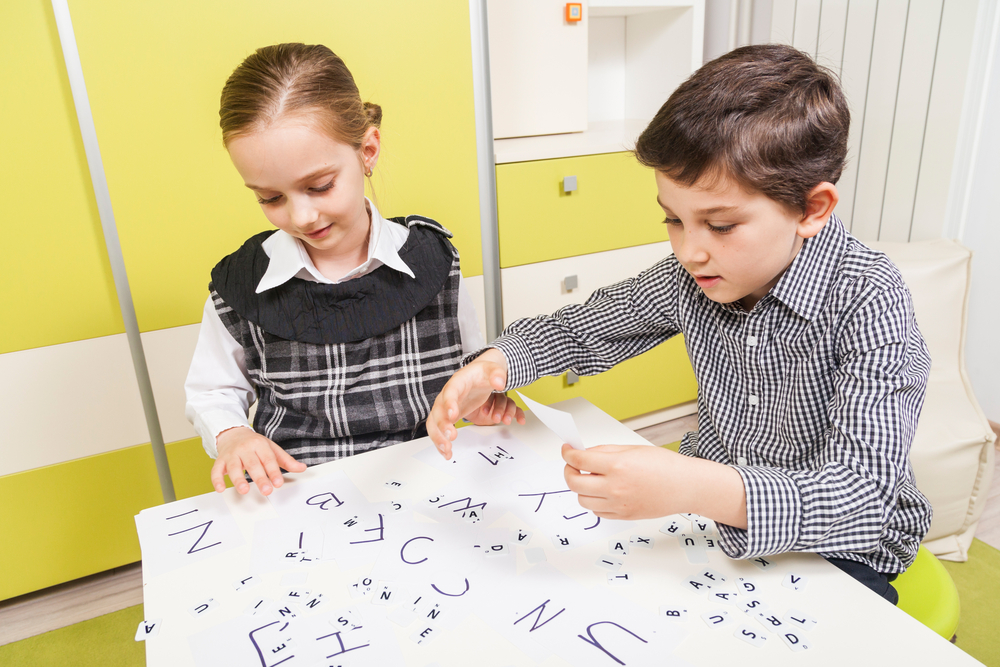Essential Components for a Successful Early Childhood Education Program
Discover the key components of a successful early childhood education program, including socio-emotional skills, language development, math reasoning, and creative expression. This comprehensive guide highlights how a holistic approach, combined with dedicated teachers and parent involvement, can lay a strong foundation for lifelong learning and success. Perfect for educators and parents alike, learn how to craft enriching preschool curricula that promote holistic development in young children.

Essential Components for a Successful Early Childhood Education Program
Introducing young children to the world around them is an exciting and foundational stage of development. During these formative years, children’s curiosity is at its peak, and their natural desire to explore, learn, and understand their environment sets the stage for lifelong growth. Creating an enriching preschool environment is vital to nurturing this curiosity, fostering social skills, developing cognitive abilities, and laying the groundwork for future academic success.
A well-rounded early childhood education program is built around carefully designed curricula that address key developmental domains. These domains include emotional intelligence, language proficiency, mathematical reasoning, and creative expression. When these core areas are integrated thoughtfully, they help children develop holistically, ensuring they are prepared to meet the challenges and opportunities of subsequent educational stages and life.
Socio-Emotional Development
At the heart of early childhood education lies the development of social and emotional skills. This component aims to cultivate emotional intelligence, self-awareness, empathy, and the ability to regulate emotions. These skills are crucial for children to form healthy relationships, handle challenges, and develop resilience. Interactive activities such as role-playing, group discussions, and collaborative projects foster social interactions, while parental involvement reinforces these skills at home. Creating a safe, nurturing environment where children feel valued encourages confidence and enhances their ability to navigate social settings effectively.
Language and Communication Skills
Proficiency in language is essential for a child's academic and social success. Preschool language curricula focus on vocabulary development, phonemic awareness, alphabet recognition, and sentence formation. Through storytelling, singing, and conversation, children learn to express themselves coherently and understand others. These activities not only improve literacy but also support cognitive development by enhancing listening skills, memory, and comprehension. Early language mastery builds a strong foundation for reading and writing, which are critical for academic achievement later in life.
Mathematical Foundations
Introducing basic mathematics at an early age encourages logical thinking, reasoning, and problem-solving. Simple activities include counting objects, recognizing numbers, sorting, and engaging in pattern recognition. Using playful tools such as puzzles, manipulatives, and games makes math concepts accessible and enjoyable. Early math education helps children develop critical thinking skills and understand abstract concepts, providing a competitive advantage in future academic pursuits. Building a strong numeracy foundation in preschool sets the stage for more advanced math learning in elementary school.
Creative and Artistic Expression
Creative development nurtures children’s imagination, artistic talents, and fine motor skills. Activities such as drawing, painting, music, dance, building blocks, and imaginative play stimulate cognitive development and emotional expression. Creative outlets also promote problem-solving, patience, and perseverance. Moreover, early exposure to arts can identify children with special talents or inclinations, enabling targeted support for their artistic growth. Fostering a vibrant creative environment enriches children’s overall development and promotes joy and self-confidence.
Successful early childhood programs combine these four foundational elements—socio-emotional growth, language skills, math reasoning, and creative expression—with the strategic use of technology, dedicated teaching staff, and parent engagement. When implemented with passion, patience, and expertise, such curricula provide children with joyful, meaningful learning experiences that foster curiosity, resilience, and a love for learning. Ultimately, an effective preschool program doesn't just prepare children for academics; it shapes well-rounded, confident individuals ready to thrive in their future endeavors.





